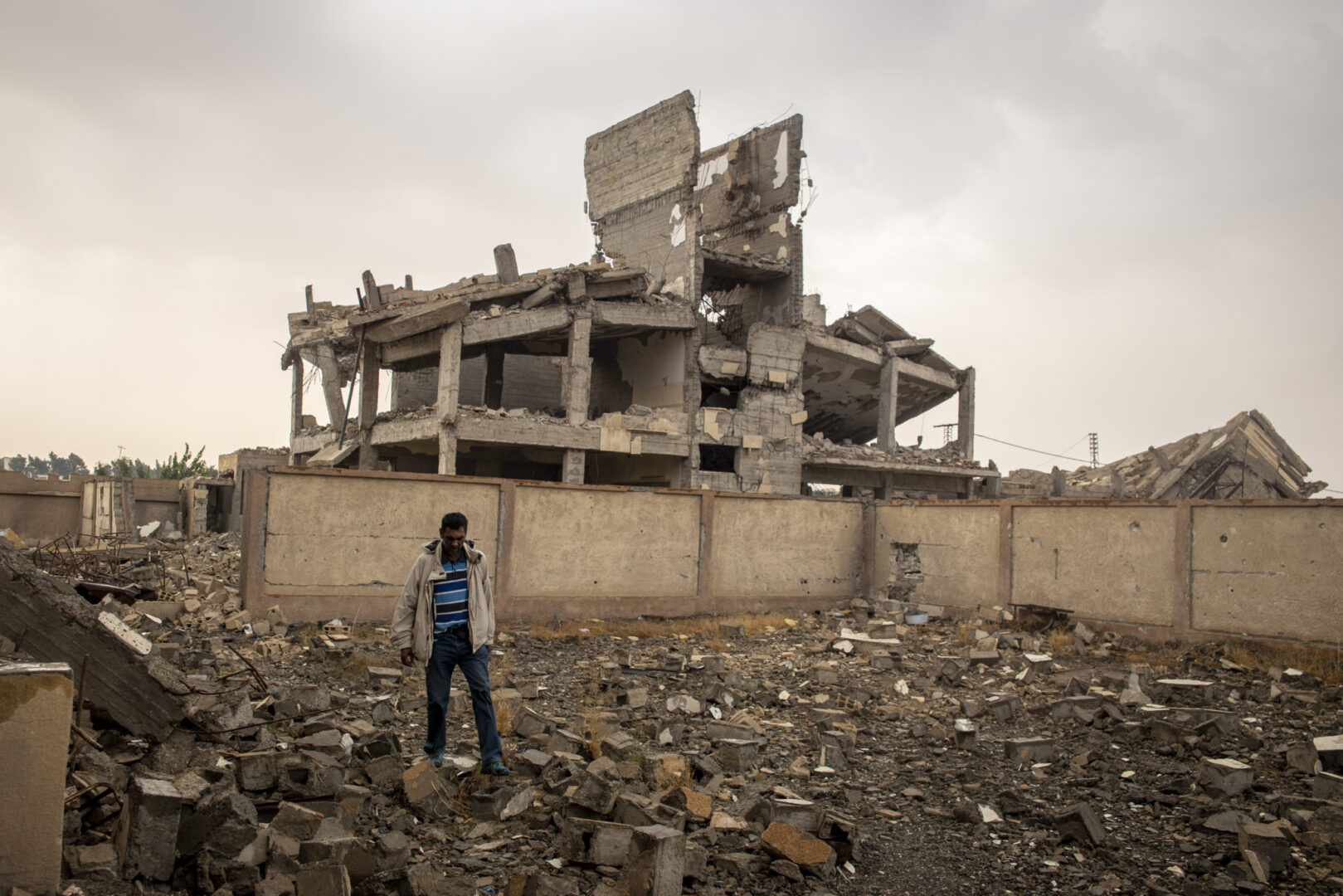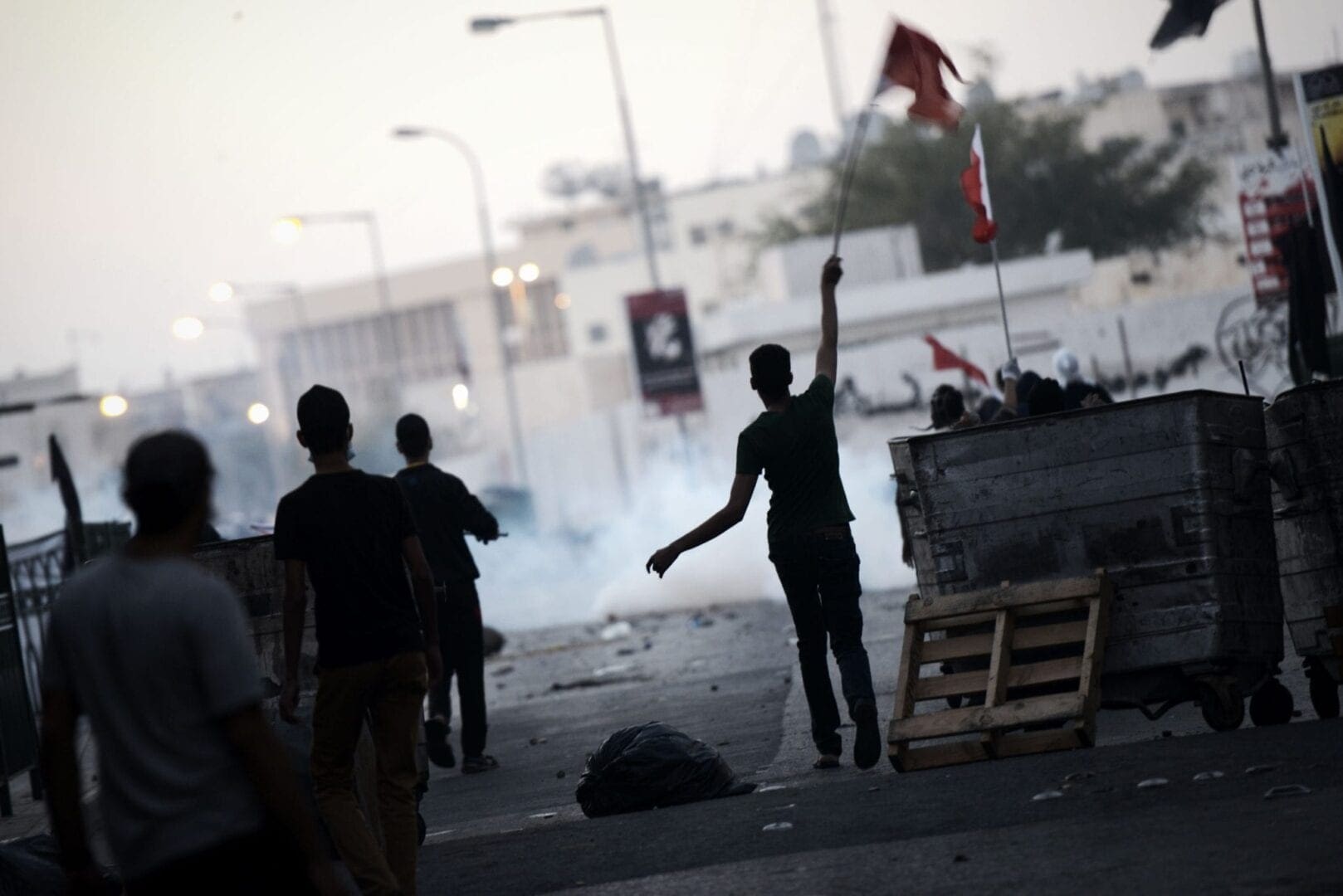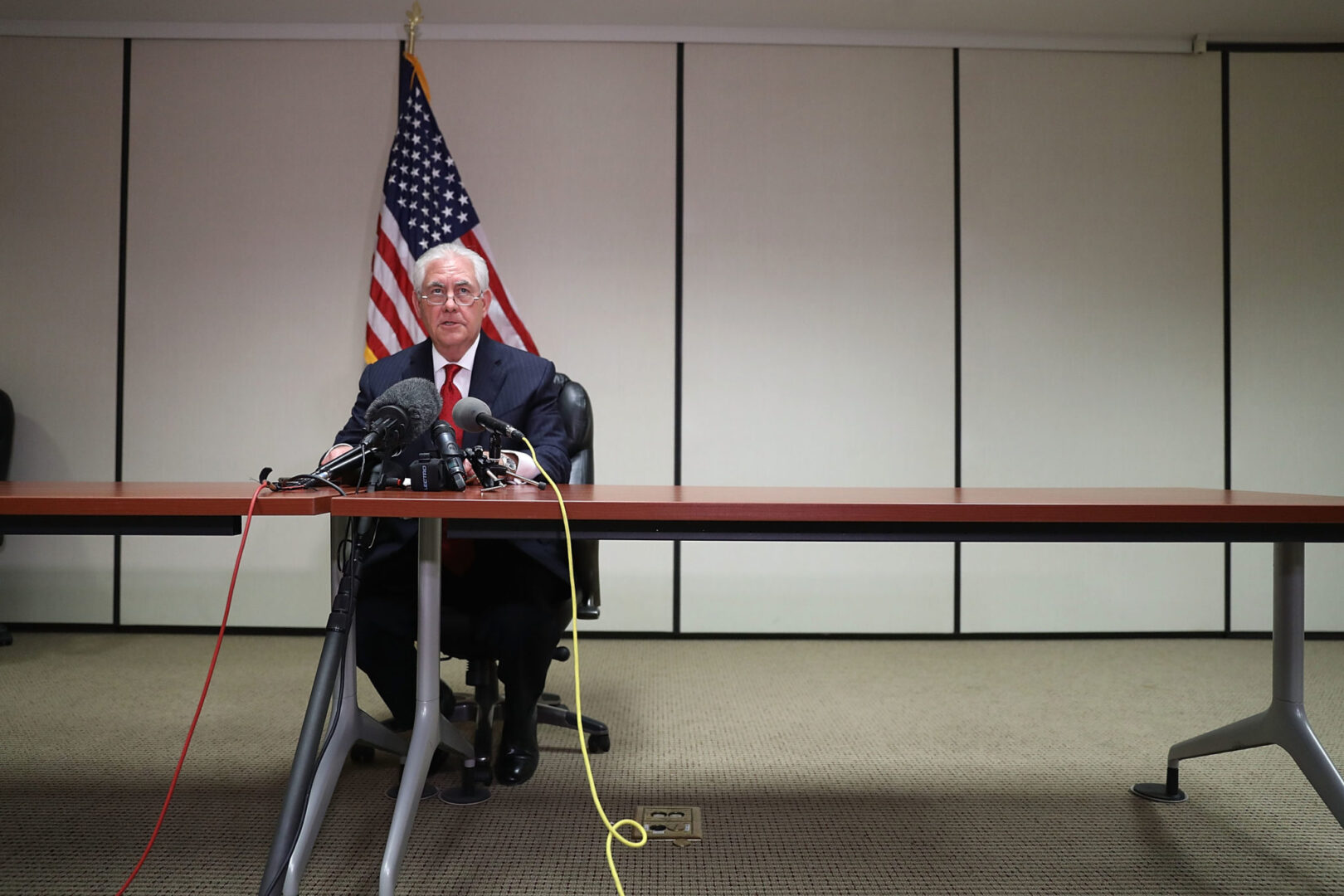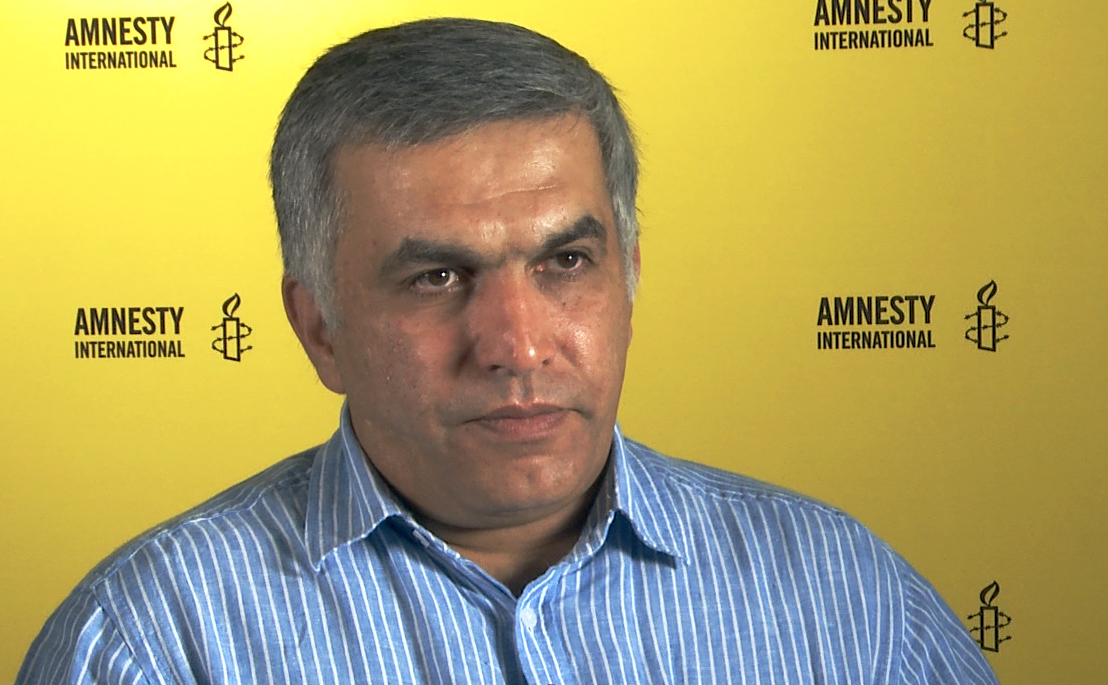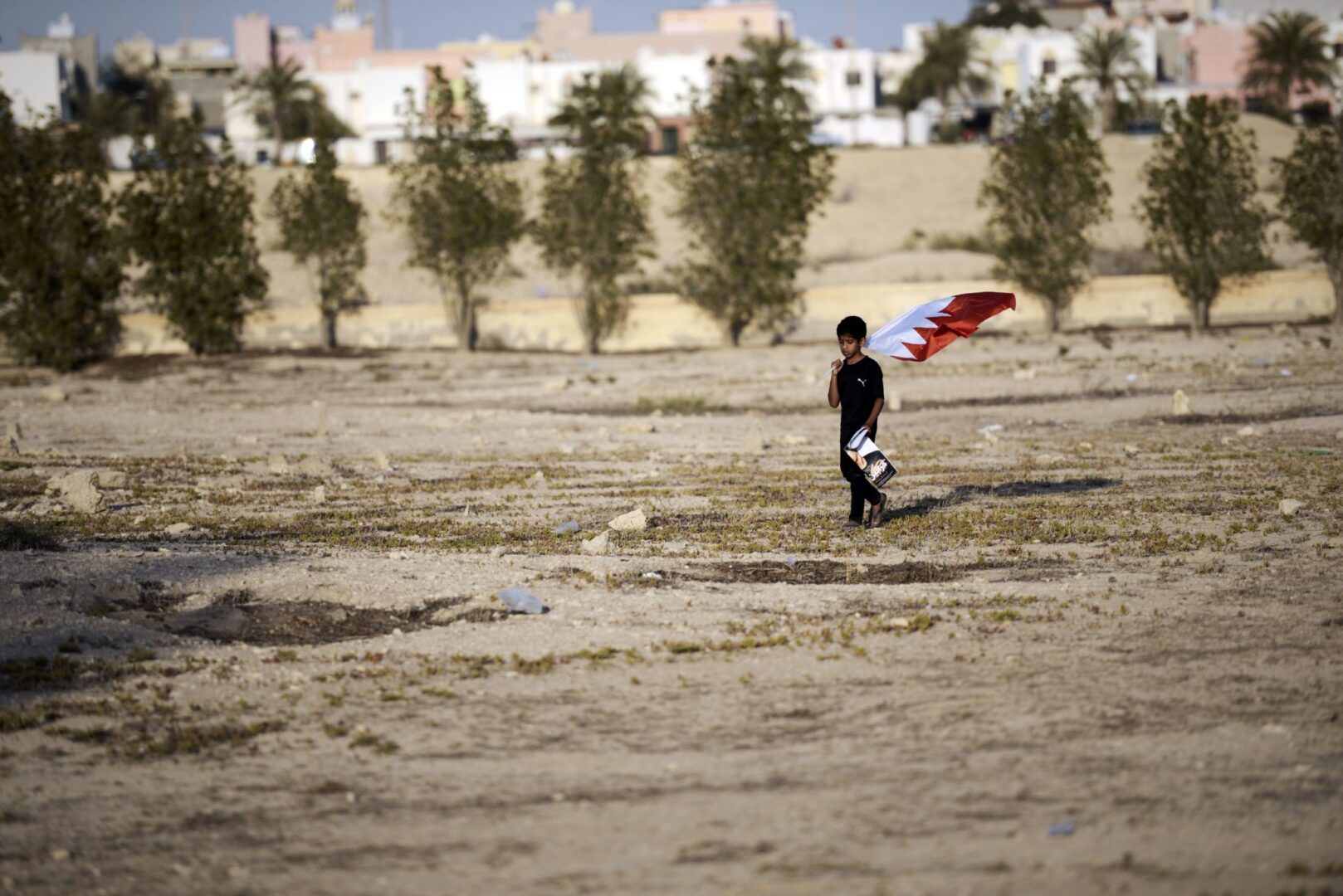OVERVIEW
Prisoners were tortured and subjected to cruel and inhuman treatment, including medical neglect, delays in medical treatment as reprisal and denial of contact with family members. Authorities continued to restrict freedoms of expression and assembly and to hold prisoners for exercising these rights. The government did not adequately protect migrant workers from exploitation or take adequate steps to address the climate crisis. The government tightened access to healthcare for stateless children.
TORTURE AND ILL-TREATMENT
At least six prisoners were tortured and otherwise ill-treated during the year.
In February, Ahmed Jaafar Mohamed told the Office of Public Prosecution’s Special Investigation Unit (SIU), the agency that investigates government abuses, that Jaw prison guards had beaten him when he was forcibly deported from Serbia to Bahrain on 24 January. The SIU told the UN that it was investigating the allegation, but did not report any results.
In March, authorities moved Ahmed Jaber Ahmed to an external hospital only after 11 months of illness had left him unable to walk or dress himself. The hospital diagnosed tuberculosis that had spread to his spinal column, requiring that he be put in a halo brace. Denial of medical care can be considered cruel, inhuman or degrading treatment or punishment.
In May, AbdAli Khayer, a Jaw inmate imprisoned on terrorism charges in a mass trial, said in a voice-recorded call from the prison that when he told a guard he needed treatment at the prison clinic for painful gout that was making it difficult for him to stand, the guard responded by beating him with his fists.
Freedom of assembly, association, and expression
Authorities continued to hold prisoners for exercising their rights to freedom of expression and assembly.
In February, Amnesty International confirmed use of the Pegasus spyware against three Bahraini citizens who had criticized the government.
3
During the final two weeks of November, authorities arrested and released six members of the family of prisoner of conscience Hasan Mushaima for peacefully protesting on his behalf. One was held for interrogation for two days.
Ten leaders imprisoned since 2011 for exercising their rights to freedom of expression and assembly during mass protests that year continued to be held, as did prisoner of conscience Sheikh Ali Salman, an opposition leader serving a life sentence.

